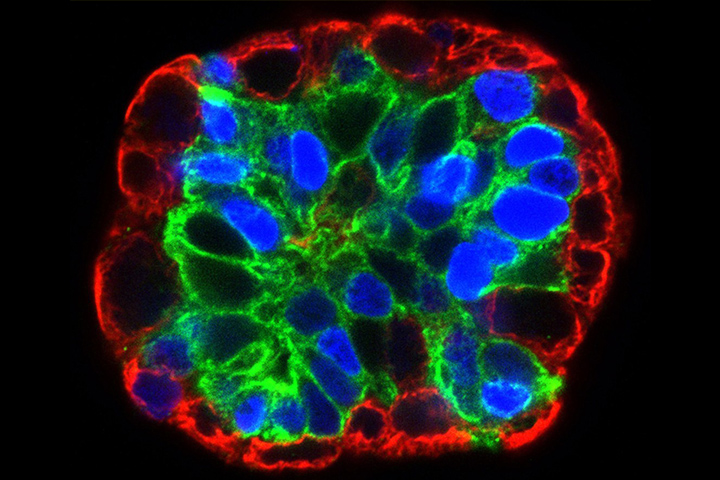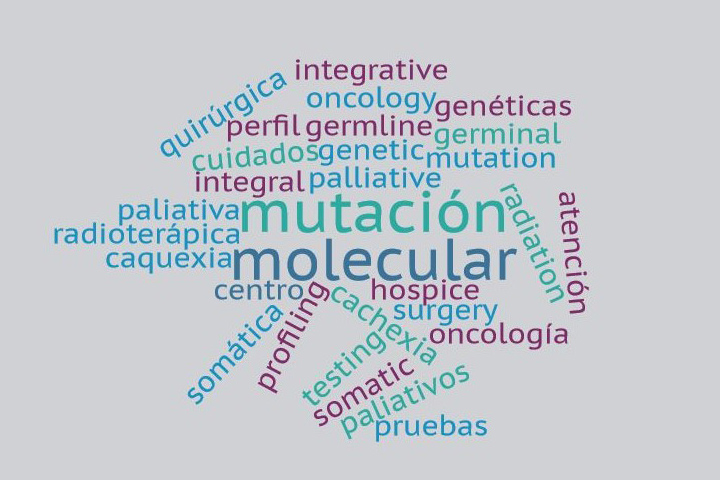Risk Factors
408 articles
The Cancer Moonshot
Dr. Elizabeth Jaffee of Johns Hopkins is part of the Cancer Moonshot’s Blue Ribbon Panel, and she explains the goals of the program.
Fighting Pancreatic Cancer in a Petri Dish
Dr. David Tuveson is growing pancreatic cancer tissue called organoids in the lab, to test which drugs will be most effective against a patient’s tumor.
This Versus That: Words to Know
Confused about some of the similar-sounding terms you are hearing during pancreatic cancer treatment? Our list of words to know can help.
Handling the Changes Cancer Brings to Your Lifestyle
Drs. Sunil Hingorani and David Zhen discuss ways to handle lifestyle changes including work and diet during pancreatic cancer treatment.
Scanxiety—A Nearly Universal Experience Among Cancer Patients
Social worker Lauren Shaffer provides tips and insights into managing scanxiety, the worry that accompanies follow-up scans and tests for cancer patients.
Three Ways to Be your Own Best Health Advocate
Leslie Michelson recommends putting together a health care team of friends, advocates and physicians for the best possible care after a cancer diagnosis.
A New Sidekick in Your Pancreatic Cancer Journey: Artificial Intelligence
Pancreatic neuroendocrine tumor patient Burt Rosen uses artificial intelligence to help him understand medical data, and to make him laugh.
RNA Precision Trial for Pancreatic Cancer Opens At Columbia
Dr. Andrea Califano leads a precision oncology clinical trial of the OncoTreat platform, which looks at proteins to determine treatment.
New Study Combines Checkpoint Inhibitors with Radiation Therapy to Boost Immune Response
Dr. Theodore Hong combines checkpoint inhibitors–a type of immunotherapy–with radiation to boost the immune system in pancreatic cancer treatment.














